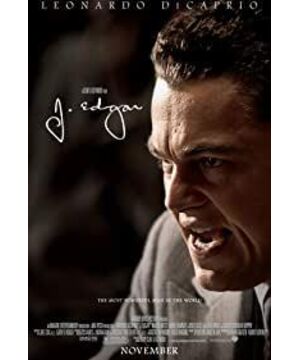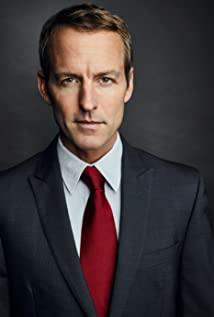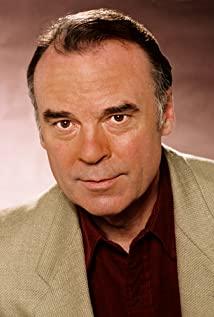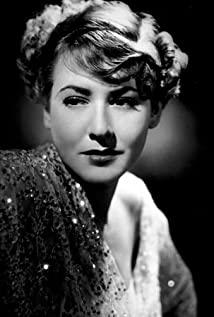- Hoover (1895-1972)
In 2011, Clint Eastwood's [Hoover] presented the life experience of Hoover, the first director of the FBI, to the public on the screen. Picking up such a highly controversial figure in the United States may only have the courage to support Eastwood, who has spent most of his life in Hollywood. Screenwriter Dustin Lance Black had previously won the Oscar for Best Screenplay for his biopic [Milk]. On the whole, the story of this iron-fisted man's political career is unbiased. Not going too far beyond the boundaries of official history. The film uses the usual flashback narrative from the memory of the old Hoover, accompanied by three perspectives of the young recorder and objective facts.
At the start of the Palmer manhunt during the first "Red Fear" period in 1919, a young Hoover made his debut. After a bomb was dropped on the home of US Attorney General Mitchell Palmer, Hoover, who had just graduated from George Washington University Law School, shrewdly threw himself into the investigation. After being recruited by Palmer, a special intelligence team was formed to fight the anarchist radicals in the United States at the time. It must be mentioned that the film portrays these leftists or anarchists as loathsome from beginning to end. In dangerous and turbulent times, the rise of the powerful Hoover and the FBI is imperative. During this period, Hoover combined shrewd detectives and outstanding leaders, such as making modern investigative systems work. The long-standing fingerprint investigation system was inspired by the card retrieval system he designed when he was working at the Library of Congress. In 1932, the famous "Lindberg Kidnapping Case" occurred. The son of the famous pilot Charles Lindberg was kidnapped and killed. The handling of the case was full of doubts, but it was of great significance to Hoover. He took the opportunity to motivate him. The passage of the "Lindbergh Act" established the FBI's power to handle cases across state borders across the United States. Undoubtedly, Hoover at this time has vaguely changed from being a good young man at the beginning to gradually exposing his power expansion and greed for power. So the heavy tone of the film turns to Hoover's use of his power to conduct illegal wiretapping and bring "scandal" to blackmail celebrities in the political and cultural circles.
The film's theme, in the words of director Eastwood and star DiCaprio, is trying to represent a man who has become a manipulative "dictator" after his thirst for power has grown. The title of the film abandoned Hoover's familiar "Hoover" appellation, and instead used the first half of the initials of the name "John Edgar Hoover" and the Christian name "Edgar". Abandoning the position of objective comment, and going straight to the complex personality territory of the protagonist, it intends to present his secret and private inner world - this is from the famous Hoover biography "Official and Confidential: John E. The Secret Life of Degas Hoover can be seen from the many references. So it is not difficult to understand why the director wrote about Hoover's emotional events in the film, showing a lot about Hoover's struggle between himself and his public image. For most of the audience, they are not satisfied that the director's judgment on Hoover only stays in the "not profound" and generality of explaining political behavior with individuality. Perhaps for low-demand audiences, with the portrayal of Hoover, a big man who used to be at the top of power, this old man's "bold" attempt can be regarded as a look back at the situation in the United States from the 1920s to the 1970s. Years, a silhouette that reflects the mental state of the people.
View more about J. Edgar reviews











